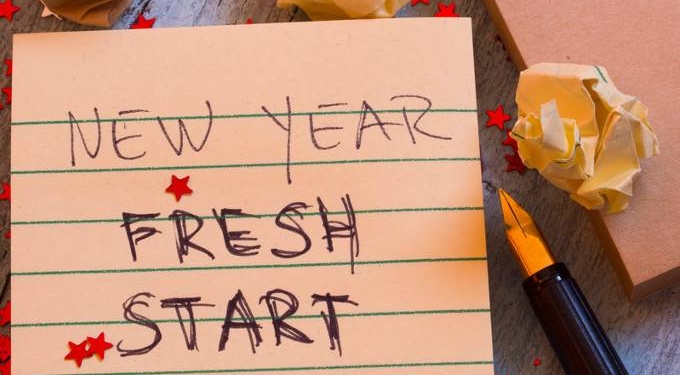
By Christine Carter | Greater Good Magazine
Goodbye, 2020! holiday cards announce. What a year! we exclaim to each other. We can’t wait for 2020 to be over. But as we settle into a hard winter, I can’t help wondering: Will 2021 really be any better?
With the vaccines and a new administration coming, many are optimistic. But we are not at the end. We are in what Harvard Business School’s Rosabeth Moss Kanter famously calls the “messy middle,” where everything is hardest.
When everything went sideways this year, we were collectively freaked out—and also energized. We bought groceries for our neighbors and protested peacefully. We bravely adjusted to massive changes in the way we work, educate our children, shop, and socialize. But in the midst of crisis, we’re seeing just how little support our society offers to work parents, the unemployed, and many others who are struggling. Our surge capacity is depleted. The adrenaline is gone. We need a hug—from someone outside of our household.
This is what happens with all big change, and the bigger the change, the more tempted we are to give up, to turn our attention to something shiny or delicious, to seek short-lived hits of pleasure in lieu of long-term meaning.
It’s too early to give up, friends. This messy middle is hard, and the coming year is not likely to be anything close to “normal.” Instead of just waiting—another year, maybe more—for it all to be over, we’ll do better to re-engage with the things that bring us meaning in life. So put down that cookie (I’m talking to myself here) and use this checklist to set your mid-pandemic course correction on the best possible path. Even if it feels like all you’re doing is trying to survive, these questions may help you gain a sense of control amid the uncertainty.
1. What do you want to take with you when this is all over? While I’m sure a lot about 2020 didn’t work for you, this is the time to reflect on what has. If you’re not leaving the house much, what do you like about being home more? Many teenagers are benefiting from increased family time and more sleep. What is working for you?
2. What are some aspirational goals that you could set for yourself? Research shows that setting specific, difficult goals consistently leads to higher performance (if that’s what you’re after). Where in your life would you like to step things up? Perhaps you’d like to set up a gratitude practice, or maybe you’d like to spend less time on social media. Where can you do better despite the pandemic (and everything else)? The goal is not to add more pressure to an already difficult time, but to identify goals that could help you feel better and have more energy at the end of the day.
3. What new habit have you wanted to get into for a while now? Maybe you’ve always wanted to be a meditator. Perhaps your doctor wants you to move more. Like it or not, limited travel can make our daily routines more consistent, and that makes this a great time for many people to establish a healthy habit.
4. How can you invest in yourself? What “deferred maintenance” do you need to take care of? What most of us really need right now is rest. Could you resolve to go to bed earlier a few days per week? Or would you have more energy if you improve your diet? Remember, the best resource that you have for making a contribution to the world is YOU. When that resource is depleted, your most valuable asset is damaged. In other words: When we underinvest in our bodies, minds, or spirits, we destroy our most essential tools for leading our best lives.
5. What do you want to feel more of in 2021? Perhaps you want to feel less overwhelmed and more at peace, or maybe you want to feel more connected to others and less isolated. What behaviors or habits have, in the past, elicited the emotion that you are looking for? Maintenance habits (like cleaning up or getting to inbox zero) might make you feel less overwhelmed; finding purpose tends to make us feel more connected.
Talk with your friends and family about these questions; they are important ones. Once you’ve pondered the above checklist, make a list of your answers, and then cross off the ideas you have for goals, habits, or resolutions that simply aren’t realistic, or that your heart isn’t in. There’s no shame in narrowing things down, especially in the midst of this global crisis! Now, more than ever, that means eliminating “shoulds.”
Once you have a list of wishes for yourself, it’s time to turn them into action. Piles of research show that just dreaming about what you’d like to do, including making resolutions and setting goals, actually reduce the odds that you’ll achieve them. We also have to make specific plans, map out potential obstacles, and find ways to make the process enjoyable.
When done correctly, setting goals and making resolutions can shape our behavior for the better. Our habits can make us feel happier, healthier, and more connected to those around us. These are worthy goals in any year, whether we are in a pandemic or not.

















